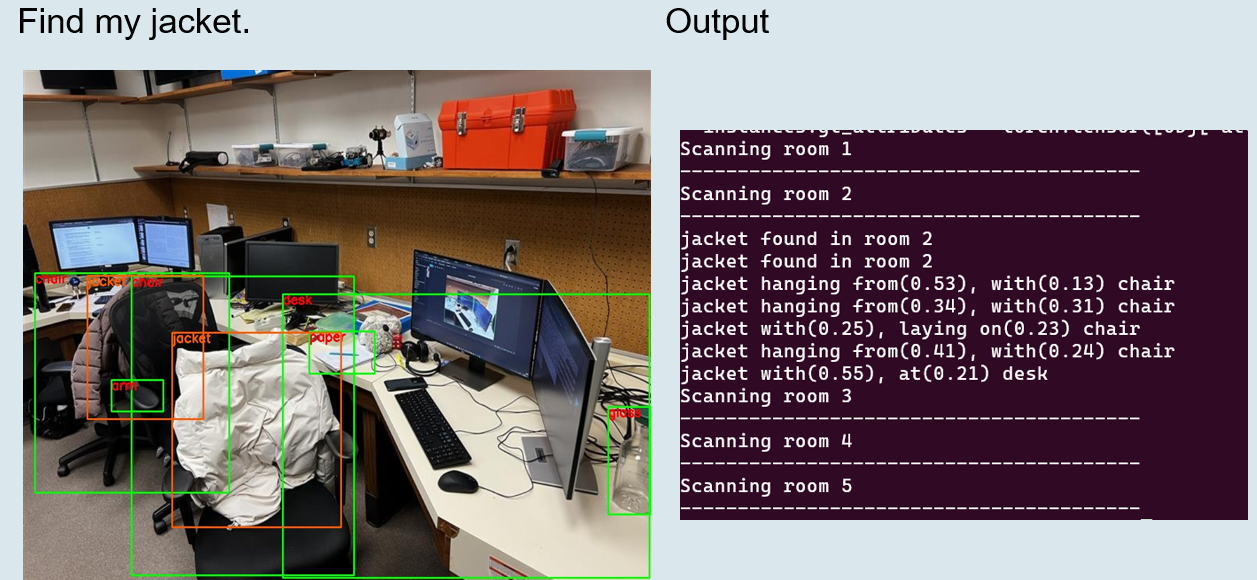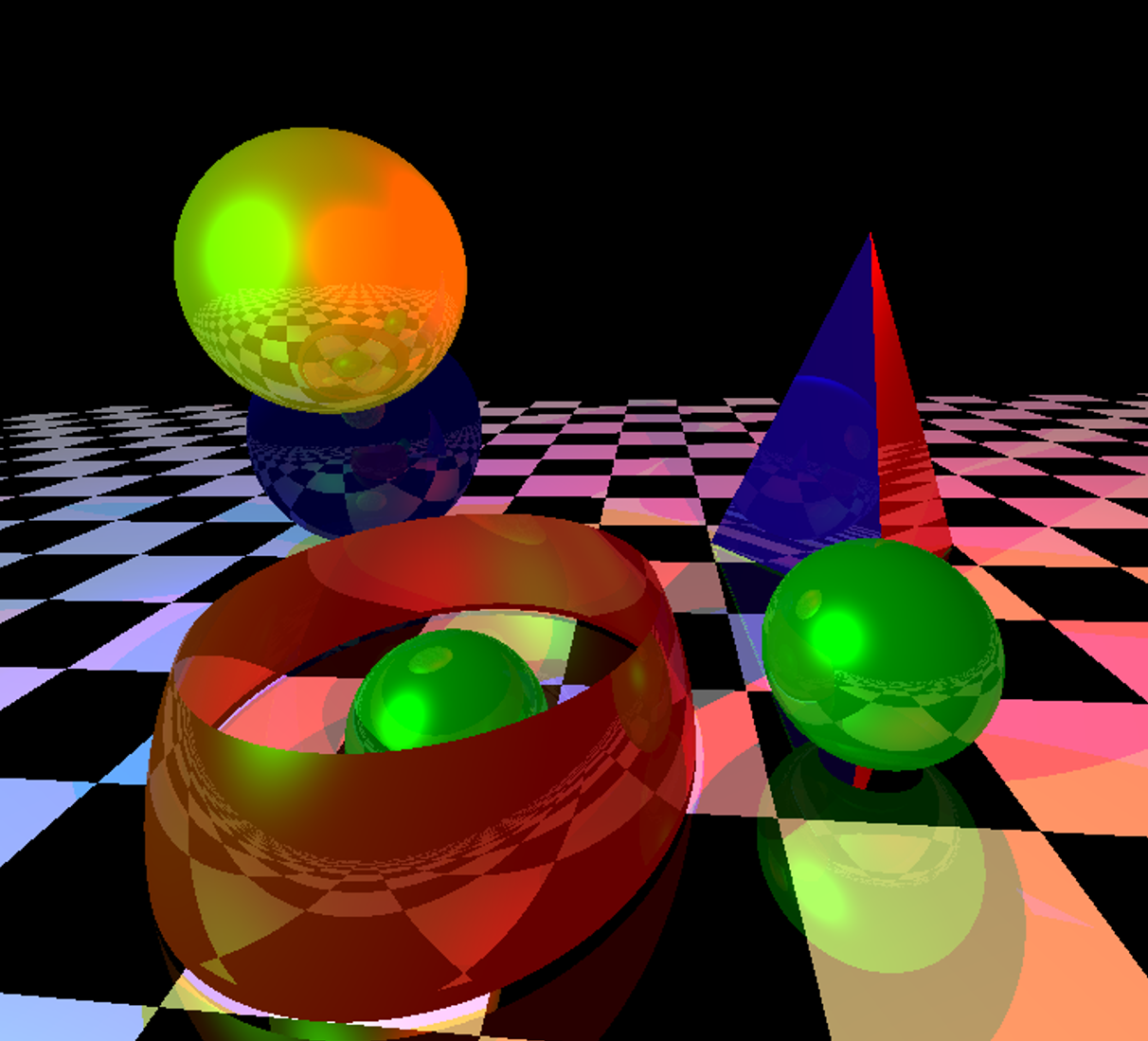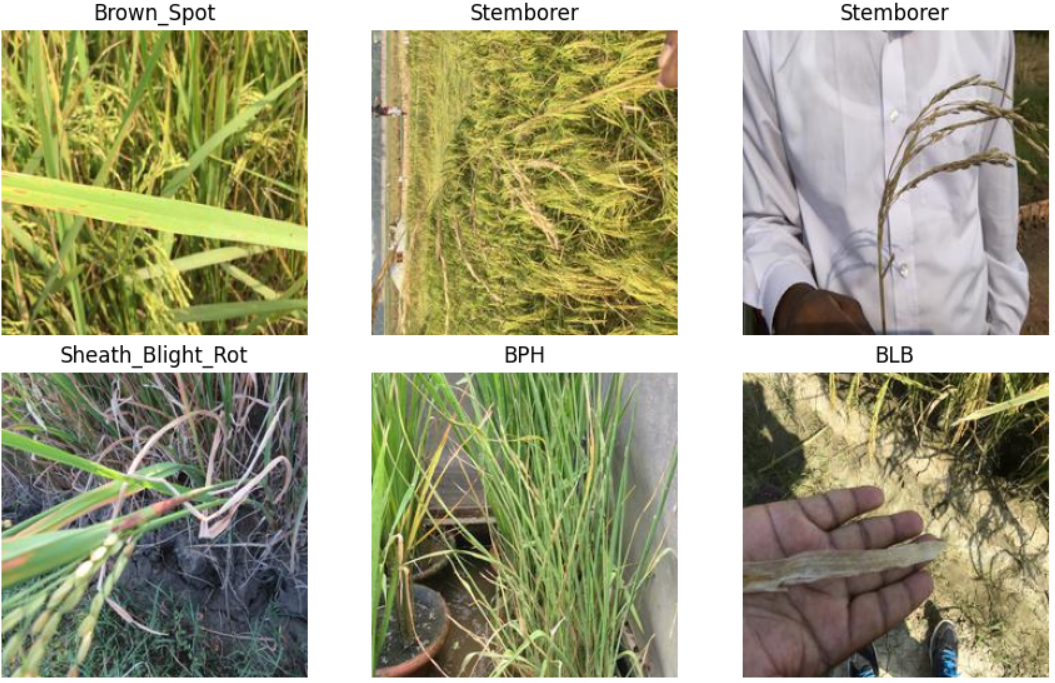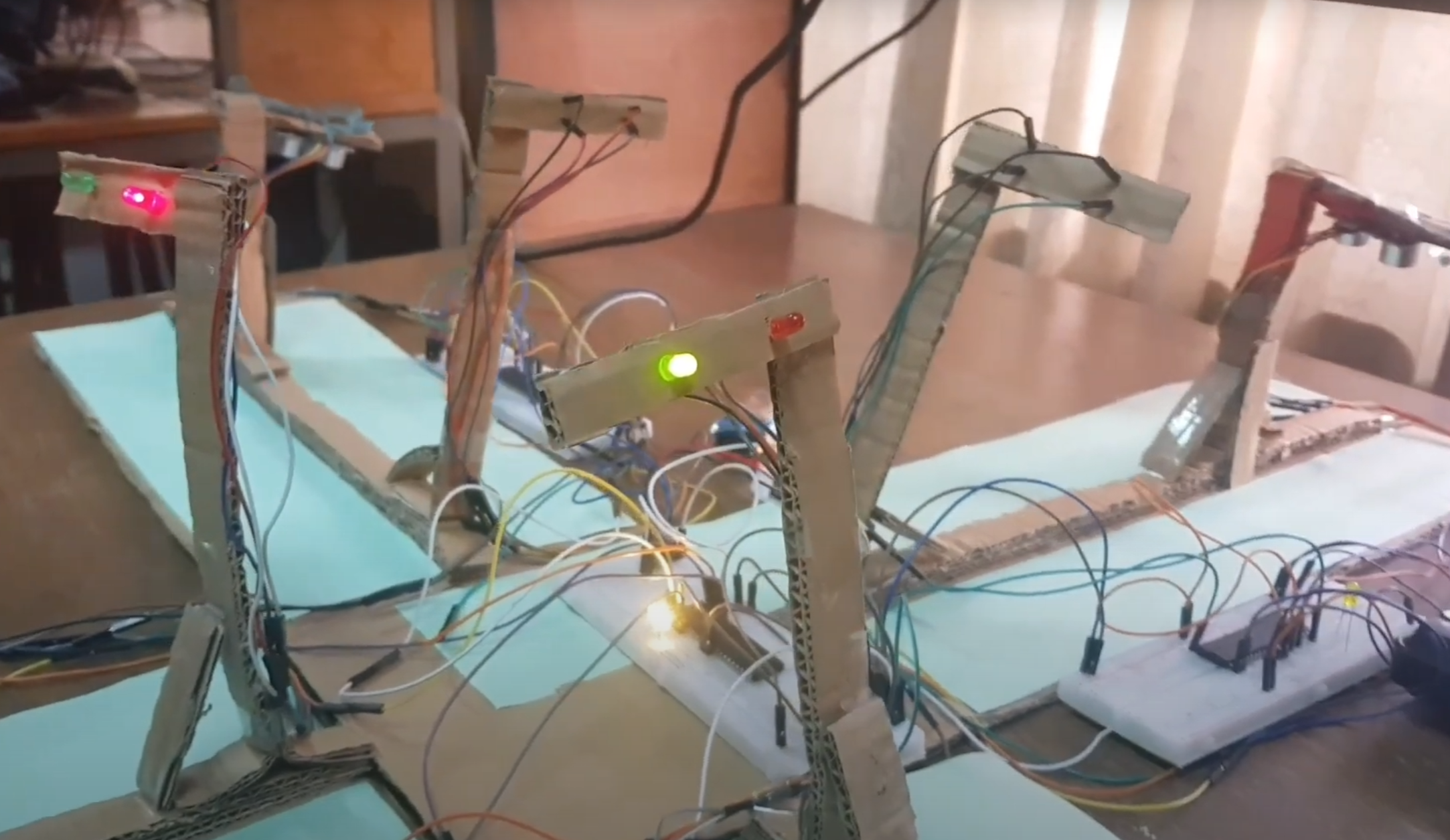Abdur Rahman Fahad
I am a graduate student in Computer Science at Missouri State University, and working as RA under the supervision of Dr. Razib Iqbal. I am committed to conducting human-centric research that meaningfully improves people's lives by designing intelligent systems.
I have over two years of industry experience as a Software Engineer (ML/AI) working on large-scale biometric recognition systems. I completed my undergraduate degree in Computer Science and Engineering from Bangladesh University of Engineering and Technology (BUET). Outside my academic and professional work, I love photography.



